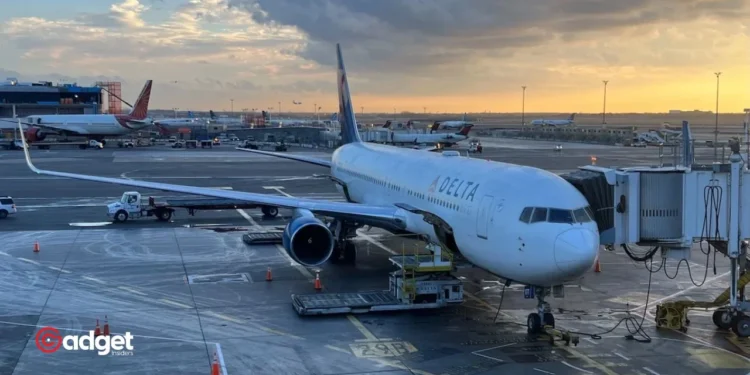In a recent insightful discussion on The Air Show podcast, Scott Kirby, CEO of United Airlines, took a critical stance against ultra-low-cost carriers (ULCCs) like Frontier and Spirit Airlines. Kirby’s assertive comments underline a stark prediction about the future of these budget airlines and their struggle with customer satisfaction and business viability.
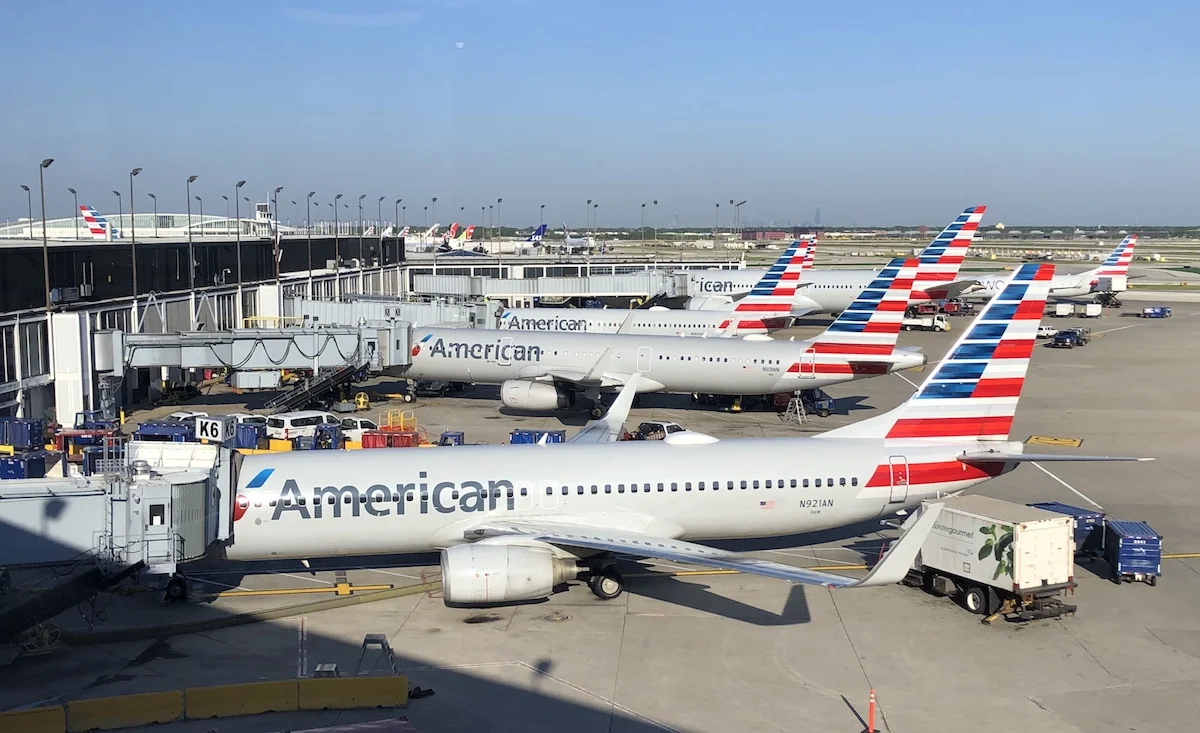
United Airlines: A Dire Prediction for Budget Airlines
During the podcast, Kirby articulated concerns about the operational approach of ULCCs, suggesting that their United Airlines business model is inherently problematic. “It’s a fundamentally flawed business model,” Kirby expressed, highlighting the customer dissatisfaction that plagues these airlines.
His pointed critique comes at a time when ULCCs are grappling with increasing operational challenges and declining customer approval ratings.
These airlines, known for their no-frills service, have traditionally competed in the market with significantly lower ticket prices. This pricing strategy often comes at the expense of passenger comfort and service quality. Kirby argued that this trade-off leads to a lack of repeat customers, which is vital for sustainable growth.
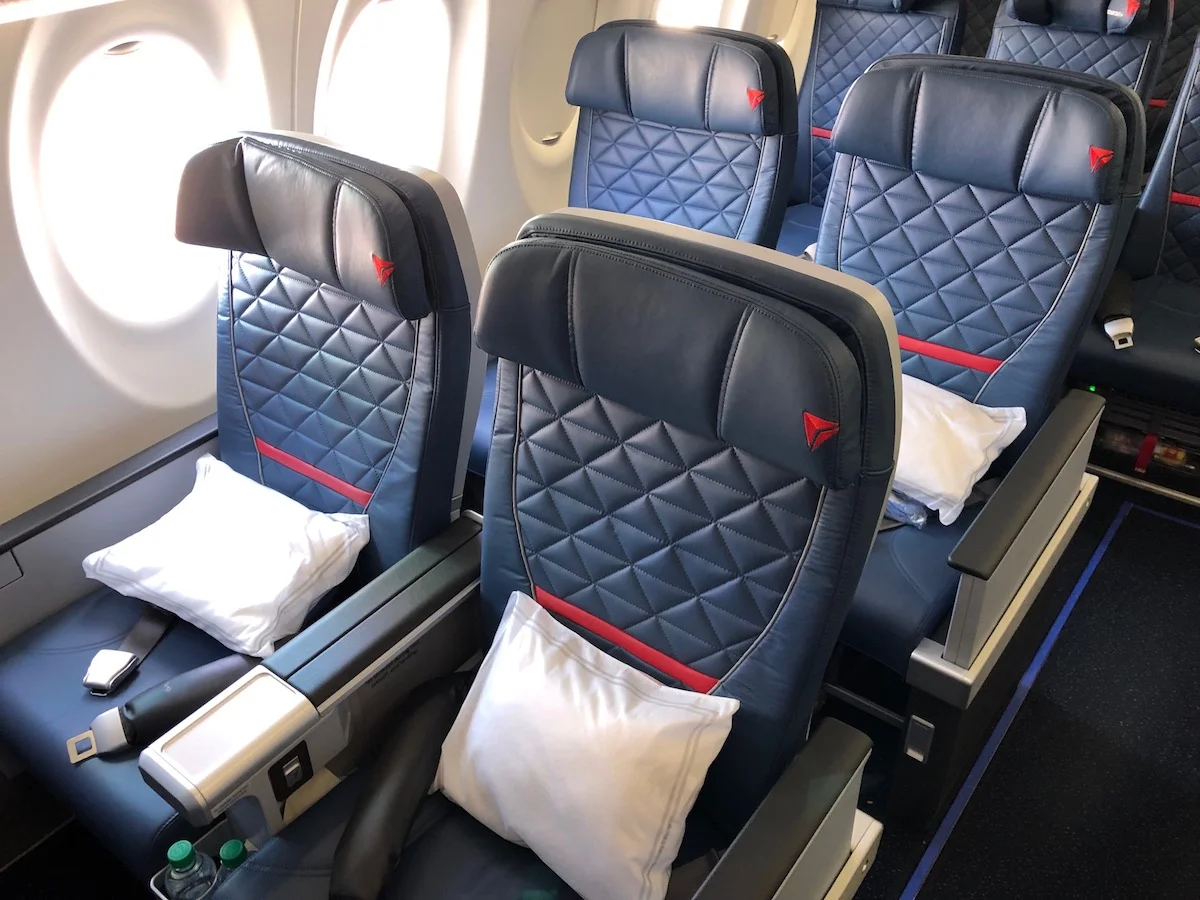
Customer Discontent at the Heart of the Issue
The essence of Kirby’s argument focuses on the customer experience. He cited instances where United Airlines passengers were excessively charged, like a $99 fee for carry-on bags, which not only alienated customers but also sparked backlash on social media platforms such as TikTok.
Such policies have led to a surge in customer complaints, as evidenced by recent rankings and reports from entities like JD Power and the Department of Transportation, where Frontier and Spirit lag significantly behind other carriers.
“Best service always wins,” Kirby stated, contradicting Frontier CEO Barry Biffle’s notion that the lowest cost is the ultimate decider for customers. This philosophy seems to resonate more with consumers, as service-oriented airlines tend to retain customers more effectively.
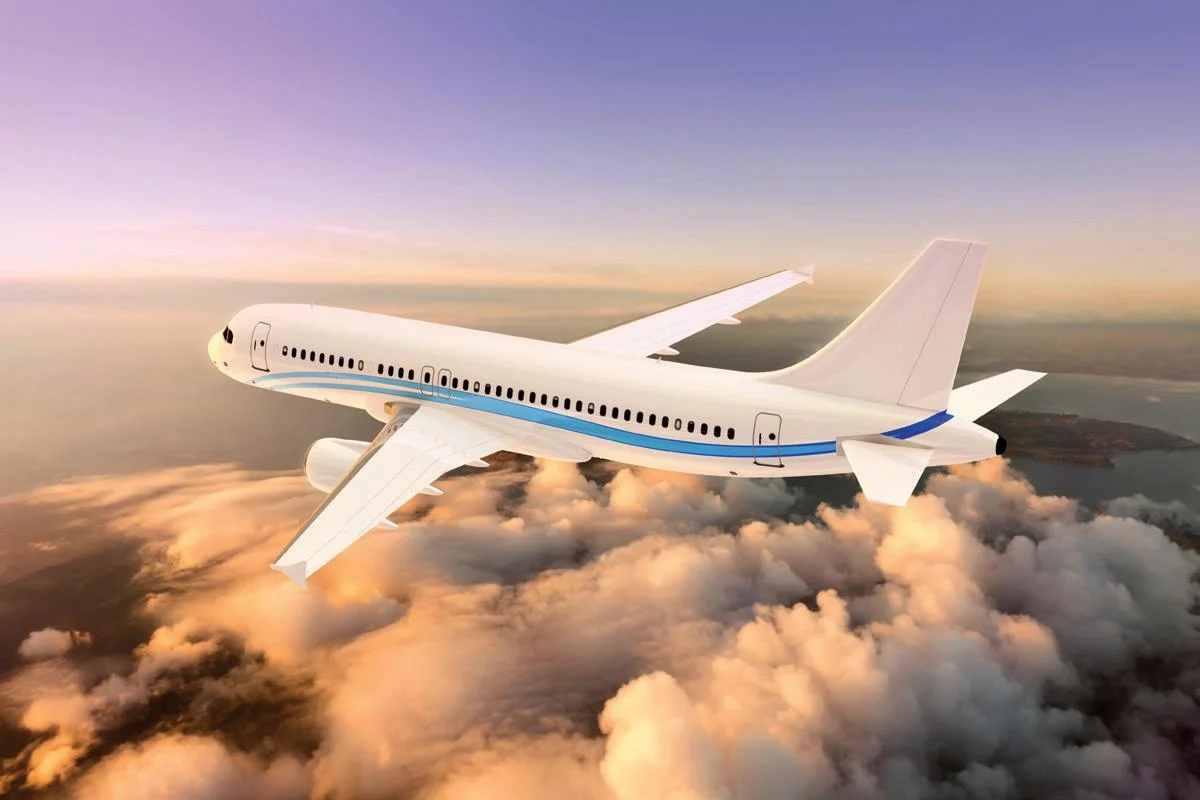
Adjustments and Acknowledgments
Despite his criticisms, Kirby acknowledged that ULCCs have been a catalyst for change within the industry, forcing traditional airlines like United Airlines to innovate and rethink their service offerings. United Airlines has introduced a basic economy ticket, mirroring the ULCC model but with additional perks to enhance the passenger experience.
Furthermore, it’s notable that some ULCCs are making efforts to improve their service standards. For instance, Spirit Airlines has eliminated change and cancellation fees, aiming to boost customer satisfaction and competitiveness.
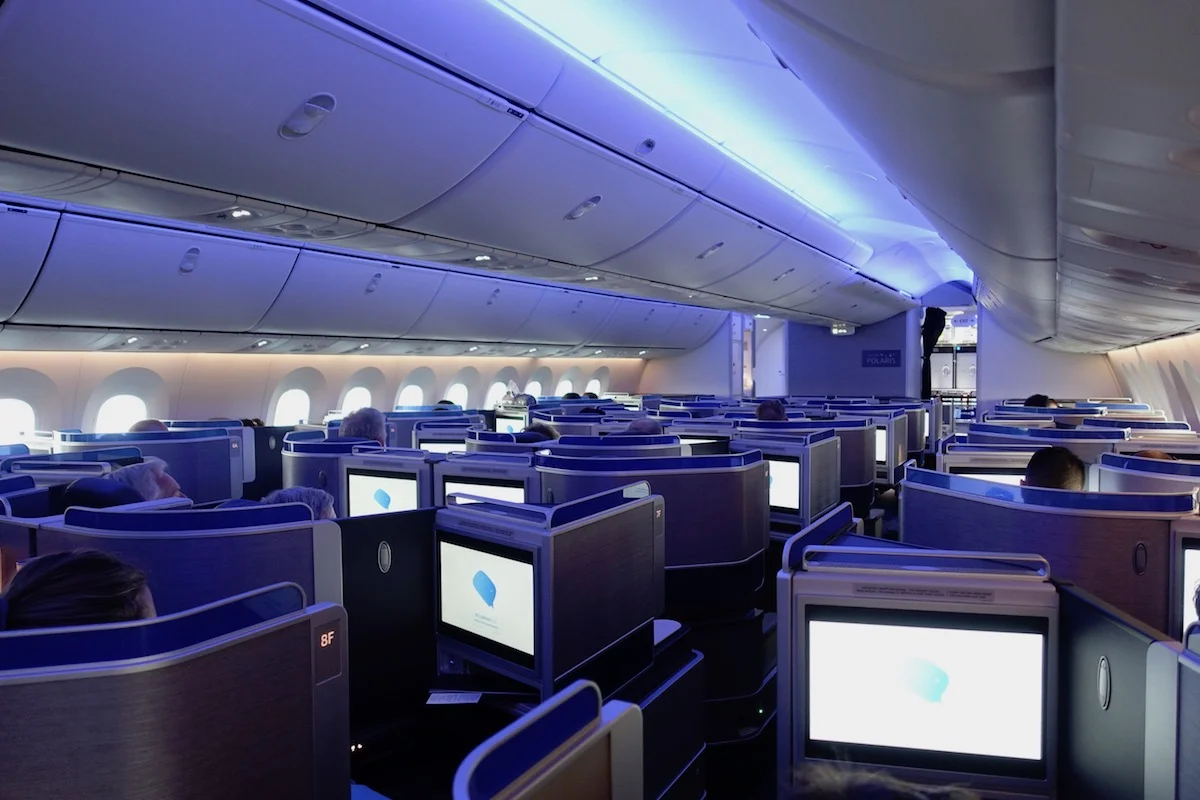
Market Impact and Future Outlook
The financial health of ULCCs, as reflected in their stock performance, indicates ongoing struggles. Spirit and Frontier have seen significant declines in their stock values, underscoring the challenges faced in maintaining profitability while competing primarily on cost.
As the aviation industry continues to evolve, the trajectory of ultra-low-cost carriers will depend significantly on their ability to balance cost-efficiency with customer satisfaction.
The comments by Kirby highlight a critical junction for these airlines, suggesting that without significant adjustments to their business strategies and service delivery, their future in the aviation sector could indeed be at risk.

